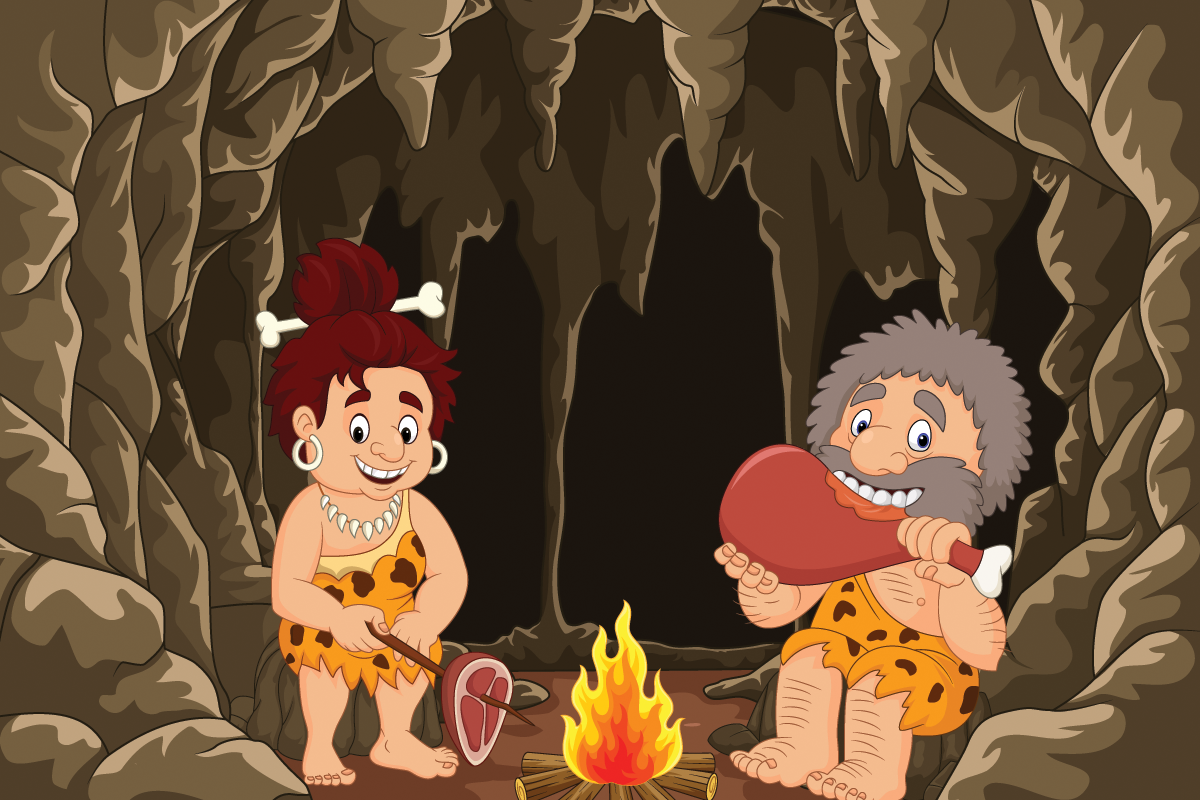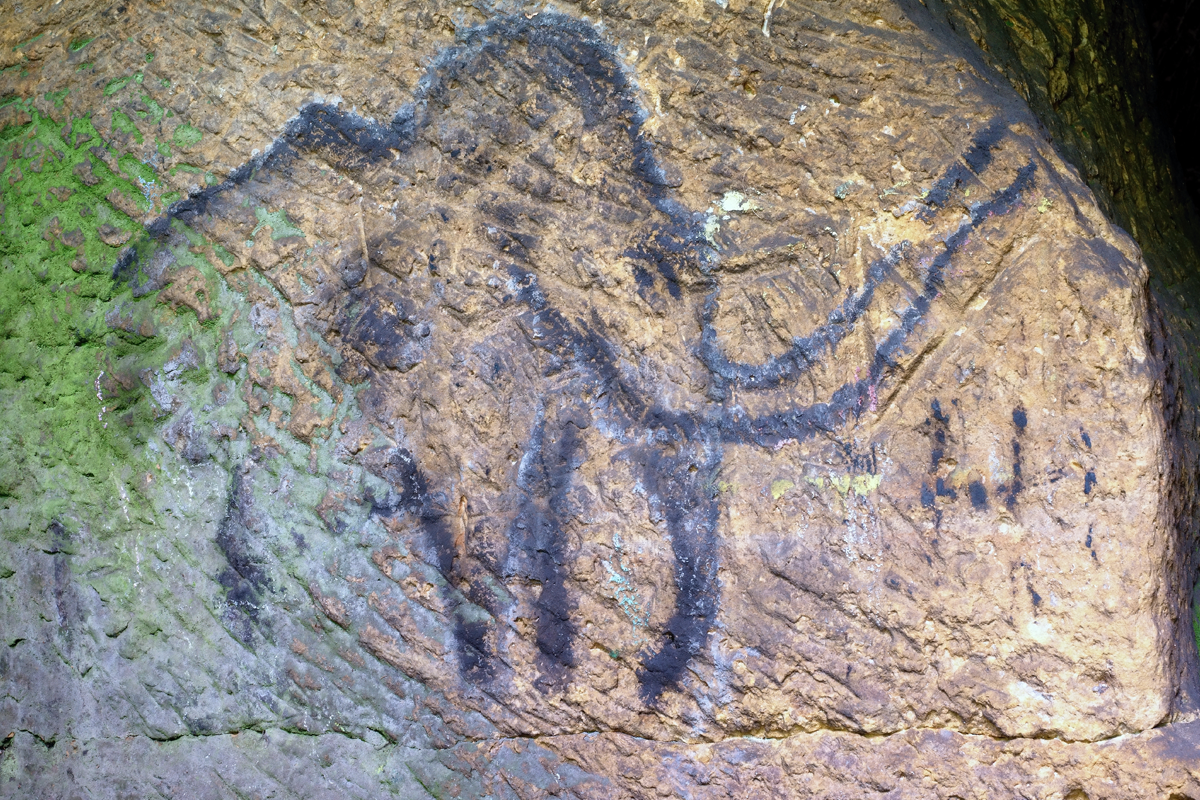Why It Exists And How To Stop It

It’s hard for most people to step away from social media for every long. We post things, and we check to see if our posts were liked by others. Virtually all sites that run on user created content leverage some very powerful triggers.
Cialdini Is Everywhere
Cialdini’s book, “Influence, The Psychology of Persuasion” carefully tested out the seven “laws of influence.” It’s important to recognize what these are, as each of these individually, or used collectively, can subconsciously alter our behaviors in ways we don’t even recognize. We’ll go over a few of the most important ones.
Authority
If a recognized authority figure says something, we will tend to believe it without question. If somebody is a credentialed scientist of any sort, and they make any scientific sounding claim, the vast majority of people will believe it without question. Data is never needed. The Milgram Experiment showed how easily people are convinced to harm others, even to the point of obvious pain, only on the words of authority.
Social Proof
When everybody believes something, we will as well. The Asch Experiment showed that even if we know the right answer, we will be compelled to go along with others if they contradict this. Ideas that are “socially proofed” are very compelling.
Scarcity
When something is in short supply, we will value it more, all else equal. The easiest way to sell something to somebody is to put a timer at the bottom of the web page.
Ego Validation

All humans crave validation. In the days of hunters and gatherers, this was essential to tribal cohesion and survival. This doesn’t seem to have anything to do with social media, but if we take the time to understand what our ego is, and how we attempt to feed it, this can help us wean ourselves off of social media.
Ancient Tribes
Some humans today live the same lives as our ancient hunter-gatherer ancestors. They live among the same people, they are egalitarian, and they share everything. But there is a social pecking order. A social hierarchy. Some members are more important than other members. The way this is determined is through productivity. Those that can effectively hunt the biggest animals, get the most rewards.
Hunting Curiosity
When researchers studied certain tribes in Africa, they noticed that each day they went hunting, they had a choice of hunting one of two animals. A large animal or a very small one. If they went hunting for a small animal, they would average more kilograms of meat per hunt. Also, hunting these small animals was much safer. Yet they rarely hunted these small animals. They always hunted the larger animals.
Why Hunt Big Game?
The reason was clear when watching the successful hunters come home with large kills. They were given a lot of clear and obvious respect from their tribal associates. Secondly, they took some of their excess meat, and traded it for sex on the sly. Let’s compare this behavior, with a hypothetical tribe who only hunted small game.
Big Game Tribe
The big game tribe would be filled with hunters always going for the big kill. This would mean that on any given day, at least one of the hunters would get a big kill. This would mean meat for everybody and lots of secret sex for the best hunters.
Subsequent generations would be populated by the best hunters, since they’d be secretly having sex with all the woman after a successful hunt. It’s also likely that these tribes were locked into the Pareto Principe, where twenty percent of the men got eighty percent of the big game. This would mean that every generation would be populated by the top twenty percent (when ranked by hunting skill) of the previous generation.
Benefits For Big Game Tribe

This would provide upward evolutionary pressure for good hunting skills. It would always ensure the tribe had large kills to feast on. All in all, this is a very good strategy.
Small Game Tribe
On the other hand, imagine a tribe where they each only hunted small game. Each hunter would only have sex with his own wife. Since small game was easy to kill, even the less than effective hunters would get some. The tribe would consist of small families eating small meals. Each generation would be just as likely to be from effective hunters as the less than effective hunters. There would be littler tribal cohesion, as each hunter kills and eats is own food. There is no sharing of meat.
Small Game vs. Big Game Tribe
It’s clear that the tribe that consistently hunted big game would be much more productive and much more successful than the small game hunters. We can imagine that all of us are descended from tribes that were all big game hunters.
Modern Evidence Of Big Game Hunting Instincts
All humans organize according to social hierarchy. This is something that is found in every area of social life. Businesses, sports, religious groups, families, neighborhoods, military and police organizations, all are organized according to hierarchy.
Pareto Principle Reigns Supreme

Also, everywhere we can find evidence of Pareto, or the 80-20 rule. Within any sales organization, twenty percent of the salespeople make eighty percent of the sales. Twenty percent of any sports team are responsible for eighty percent of the points. It’s unlikely that modern humans that show hierarchical organizations at every turn, and display Pareto properties everywhere could have evolved from small game hunters.
Big Game Motivations
Here’s the most important part. What motivated ancient hunters to go out and kill the biggest animal they could find? Did they do so because of social obligation? Consider the ego gratification and potential sexual rewards, that came from coming home with the biggest kill. It’s entirely plausible that ancient hunters, and modern humans, went after big kills for purely selfish reasons.
Selfish Rewards That Serve Everybody
A hunter sees a big animal. He imagines killing it and bringing it back. When he imagines this, he also imagines all the people looking at him like he’s a hero. Especially the women (and even more especially the women that are in estrus and are extra horny for the local alpha) who are giving him those special sexy eyes that say, “Hey big boy, come meet me later, and if you cut me off a piece, you can have a piece of this…”
It’s entirely possible, that the human ego is a self-regulating system that used the selfish desires for each individual hunter to not only make sure the entire tribe was always fed, but to make sure the tribe was always repopulated by the best hunters.
Horny Women

This is perhaps a bit politically incorrect to talk about, but here it is. When women are in estrus, when they are most fertile, when they can easily get pregnant, they are much more likely to be sexually attracted to alpha types than beta types. When a woman is nowhere near her highest point of fertility, she sorts for beta-provider types. But when she’s good to go, here alpha radar is in high gear.
How Many Horny Women In A Tribe?
Contrary to ideas about women living together all syncing to each other’s cycle, let’s imagine an ancient tribe of about 300 people. Half men, half women. Half adults, half kids. This gives us 75 women. Let’s make the math easy and say of those 75 woman, 28 of them are sexually attractive. Maybe they’ve got a kid or two, but they’re still hot.
This would mean that every day, there is one of those women who is at peak fertility, and her alpha radar is in high gear. This makes her a prime candidate to secretly bang the best hunter of that particular day. Meaning whoever comes home with the big kill, that’s gonna be the guy she’s secretly shagging when everybody’s passed out around the camp fire.
Perfect System
This makes the human ego a perfect system to make sure the tribe has a lot of things. One, the ego makes the tribe always have a big animal to feast on every day. Two, it ensures whatever woman is ready to go will be down to bang with that alpha hunter. This means the tribe will always be re-populated by the best hunters.
Ego – A Recognition System
Central to all of this is the ego. The part of us that says:
“If I do this, I’ll get mad respect from everybody.”
This drove all the ancient hunters to go after big and dangerous kills so they could get mad respect from the tribe, and secret sex from the horny ladies. For a long time, it was the perfect system.
Men Will Die For Ribbons

This is precisely what Napoleon leveraged to inspire men to great feats of bravery on the battlefield. If they did well, if they killed a lot of enemy soldiers and didn’t die themselves, they would get the public recognition, a very modern way to feed this ancient ego.
Enter Social Media
All humans are programmed to want good feelings of validation from others. This was to maintain productivity in a tribal setting. The people who were the most productive, got the most positive social signals. In caveman days, social signals were eye contact, smiles, nods of approval, and all kinds of positive behavior from real people, in appreciation for real value.
Fake Social Signals
All social signals that come through social media, and to an extent most social recognition, is not genuine. How can we define genuine?
Genuine Social Recognition:
Any social recognition from any person must be associated with real, life sustaining value, actually delivered to that person.
Wealth Signals
Even before social media, people would show off signs of wealth and receive signals of approval. You might buy a new watch, and get recognition from your coworkers. But this is considered fake, according to our definition, since this does not provide any life-sustaining value. At most, this supplies “entertainment value.”
Ancient Wealth Signals
Ancient wealth came from the animals that ancient hunters killed. So ancient signs of wealth were the same as signs of previous productivity. The guy in the tribe who had the most bear-skin jackets was the same guy who killed the most bears, and provided the most bear meat to the tribal members.
Modern wealth signals are not the same as providing the value of productivity, unless it’s to ones immediate family.
Fake Social Signals and Keeping Up With The Jones’

In a sense, the age old problem of needing to keep up with the Jones’, of continuously buying new cars, new clothes, etc. to not fall behind (keep up with) is really the same as getting addicted to social media.
Both provide a fake version of what our ancient instincts crave. Our need to show we are as wealthy as our neighbors is similar to ancient tribal members who competed with one another to have the most bear skins.
But getting recognition for having the most bear skins was genuine recognition, since he who had the most bear skins also provided the most bear meat. That is genuinely fulfilling. But when we buy a new car to keep up with our neighbors, we provide zero value to our neighbors, so the recognition we get for our new car is empty.
Empty Social Signals
Similarly, when we share a picture (that we didn’t take or create) we don’t provide any value more than a few milliseconds of entertainment. The likes we get on social media are equally as fleeting. But once they are gone, we need to quickly get more likes somehow. We need to post another comment, or post another picture, or find some way of getting some kind of recognition for our efforts.
Endless Cycle
Trying to get fake recognition for our fake efforts, or short lived recognition for our short lived efforts, is a never ending cycle. It’s very similar to eating a diet of only sugar. it gives us energy, but we quickly crash and need more sugar.
Quitting Cold Turkey Won’t Help

If you just quit social media, you will have a void that must be filled. Quitting social media cold turkey would be like stopping eating altogether if you are on the sugar diet. If you actually were on the sugar diet, you would need to slowly transition to more healthy food. What does this mean for social media addiction?
Slowly Transition
Consider slowly weaning yourself from social media. After all, it does has its value. It is a convenient way to stay in touch with those you truly care about, those who truly matter. Going slow is essential. But what do you transition to?
Find A Way To Provide Genuine Value

Our mind-body systems are wired to feel good when we get genuine recognition from people that we provide genuine value to. The easiest way to do this is to simply provide genuine value to people. Which people? Anybody you can find. To goal is to do something nice, and then get a genuine and honest response of appreciation from them. That’s it. You don’t need to have a conversation, or even get their name. Just a quick look of gratitude, from a real person, that you provided real value to, will feel better than a billion Facebook likes.
Random Strangers
Look for small opportunities. Hold a door open for somebody when they really need it. Let somebody borrow a portion of your umbrella when waiting for a light to change. Flash your high beams and let some body cut in front of you on the freeway. A waved hand as an expression of thanks is all you need.
Charity
Volunteering periodically for people that genuinely appreciate your help will do wonders for your social media addiction. Even volunteering to clean up after a friends’ party will get you some genuine recognition and appreciation. Do anything that serves a real need, that is appreciated by real people.
Do Good Deeds In Secret

Whether you are a Christian or not, or even if you are religious or not, one of Jesus’ pieces of advice was to do good deeds in secret. Don’t do them so you can brag to your friends. Your friends don’t benefit form your good deeds, so any recognition you get from them is just as worthless as Facebook likes. To good deeds in secret, and keep the genuine recognition you get from people all to yourself.
Build Or Rebuild Real Relationships
Spend time with people and see if you can set a rule of no devices. Hang out one night a week, just you and your buddies, and leave the devices in the car. Just hang out and talk. Enjoy each other’s presence, just like humans have been doing for thousands of years. If you are in a romantic relationship, spend time with each other without needing your devices. If you can’t stand being together without your devices, perhaps you should find another partner.
Value Eye Contact

The best reward our ancient ancestors came when they brought home a big kill, was the recognition that was delivered through eye contact. A genuine smile, delivered with genuine eye contact, can make somebody’s day. Even if it’s a stranger, looking at them, smiling and nodding will almost always get an equal response. Whenever you feel stuck to your phone, shut it off, turn it over and find five people to lock eyes with briefly and smile.
Never Lose Touch With Your Humanity
Social signals from social signals are much more dangerous than most people realize. They are not dangerous themselves so much as what they keep us from experiencing. But getting in touch with your human self, and exchanging mutual recognition and appreciation is just a glance away. Look away from your device. Look up, find somebody, and smile.
Learn More

Mind Persuasion has plenty of courses and books designed to help you get the most out of life with the least amount of effort.
Mind Persuasion Books
Mind Persuasion Courses